New spatial repellent tool is distributed to refugee camps in South Sudan to protect against vector-borne diseases
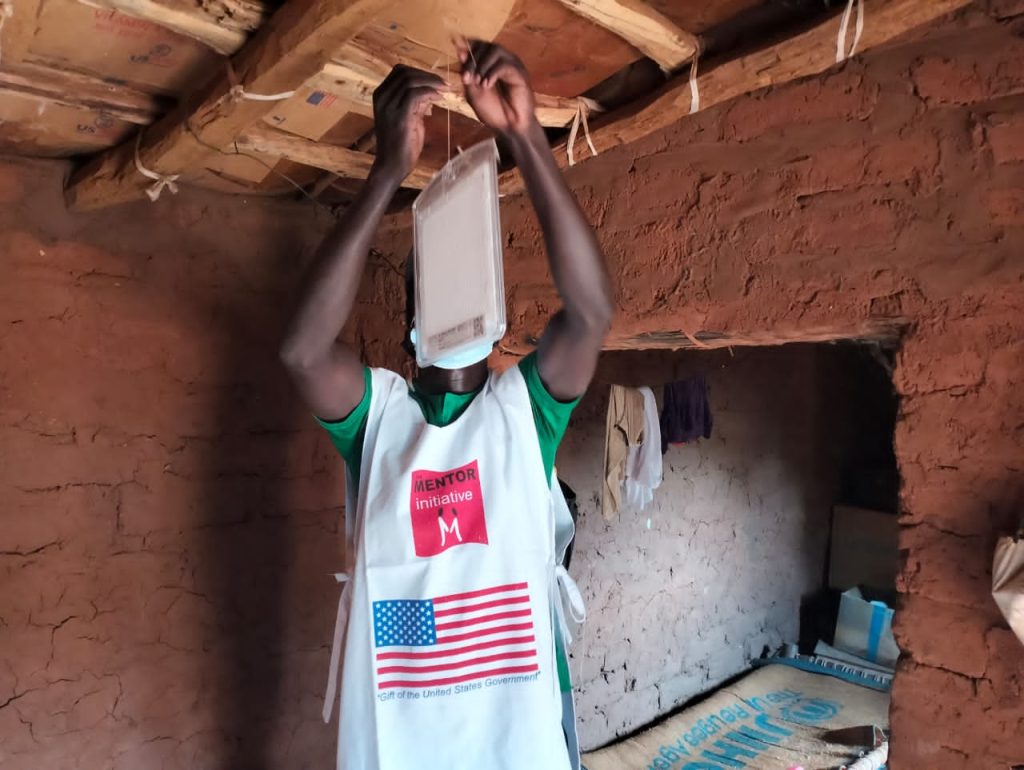
An innovative vector control tool is being distributed across refugee camps and host communities in Jamjang and Renk, South Sudan, as part of an integrated malaria prevention campaign that aims to protect over 200,000 people. Field staff and trained volunteers are installing SC Johnson spatial repellents in shelters in communities at most risk of malaria. […]
MENTOR presents at a MoH event in Burkina Faso
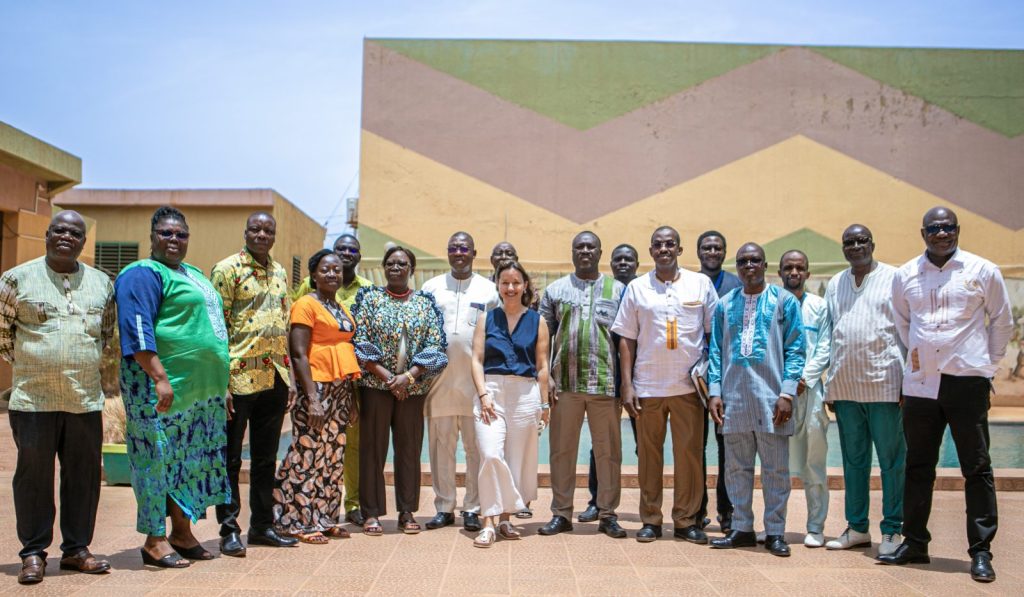
The MENTOR Initiative held an event last Friday to formally present the organisation to senior members of the Ministry of Health and relevant partners in Burkina Faso. MENTOR’s expertise in vector control, particularly through an integrated vector management approach, was highlighted as essential in Burkina Faso where vector-borne diseases are increasing, and an integrated approach […]
World Malaria Day
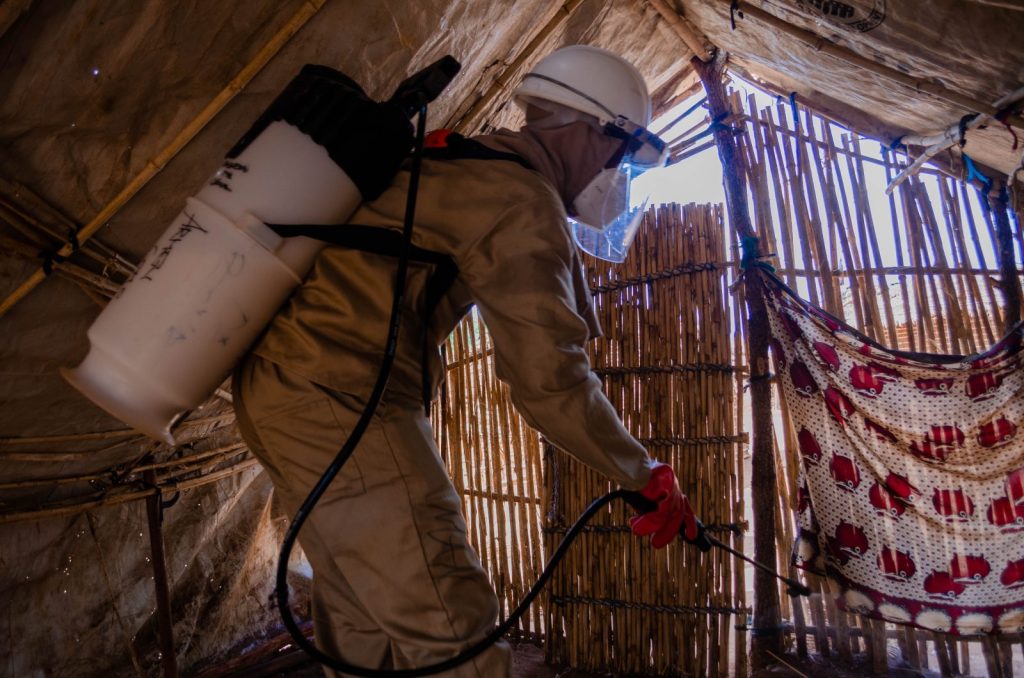
MENTOR’s priority has also been malaria control in vulnerable settings – where people are most at risk because of factors such as conflict, extreme weather, forced displacement and a lack of healthcare. For over 20 years we have adapted and expanded how we work to respond effectively to public health challenges and the behaviour and […]
Long-Lasting Insecticide Treated Nets

Providing physical protection against bites and kill mosquitoes resting on the nets surface.
Spatial Repellents
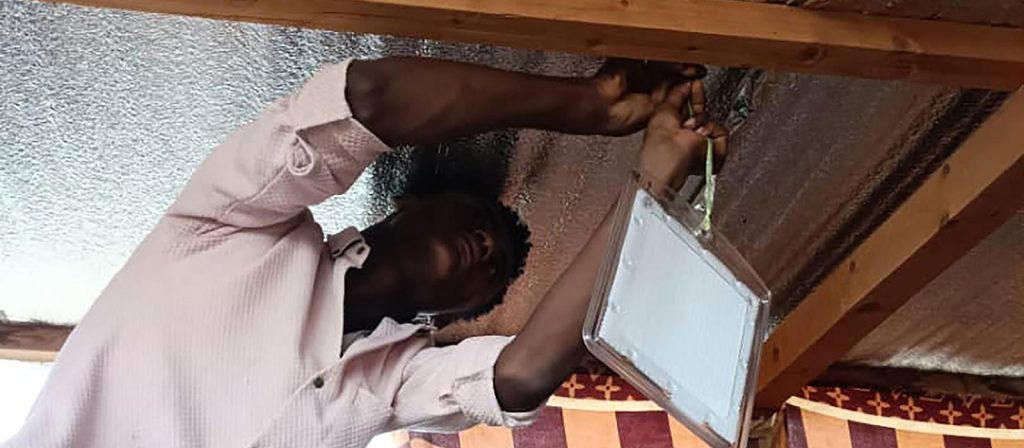
A lightweight tool that emit active ingredients which impact vector behaviour and reduce human-vector contact.
Entomological Surveillance
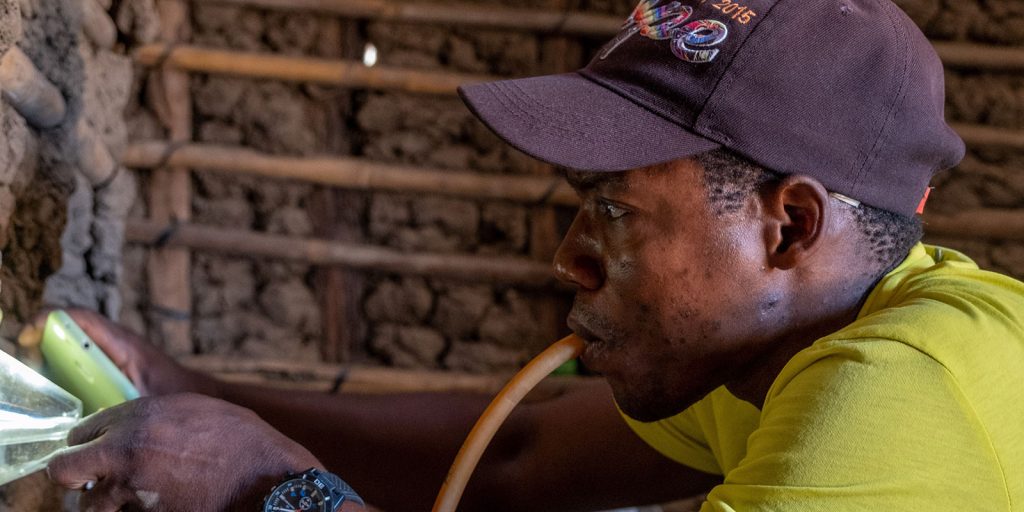
Monitoring vector populations, their behaviour and insecticide resistance patterns, to help inform decision-making and improve interventions.
Larval Source Management

Preventing larvae from developing into adults at breeding sites.
Indoor Residual Spraying
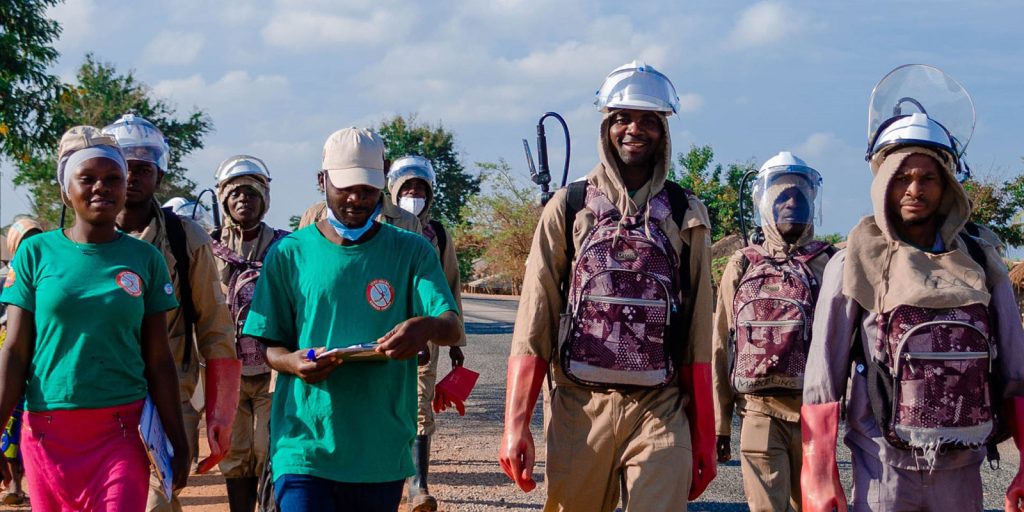
The application of insecticides to indoor surface where disease-transmitting vectors, like mosquitoes and sandflies, rest.
Indoor residual spraying addresses high rates of malaria in northern Nigeria
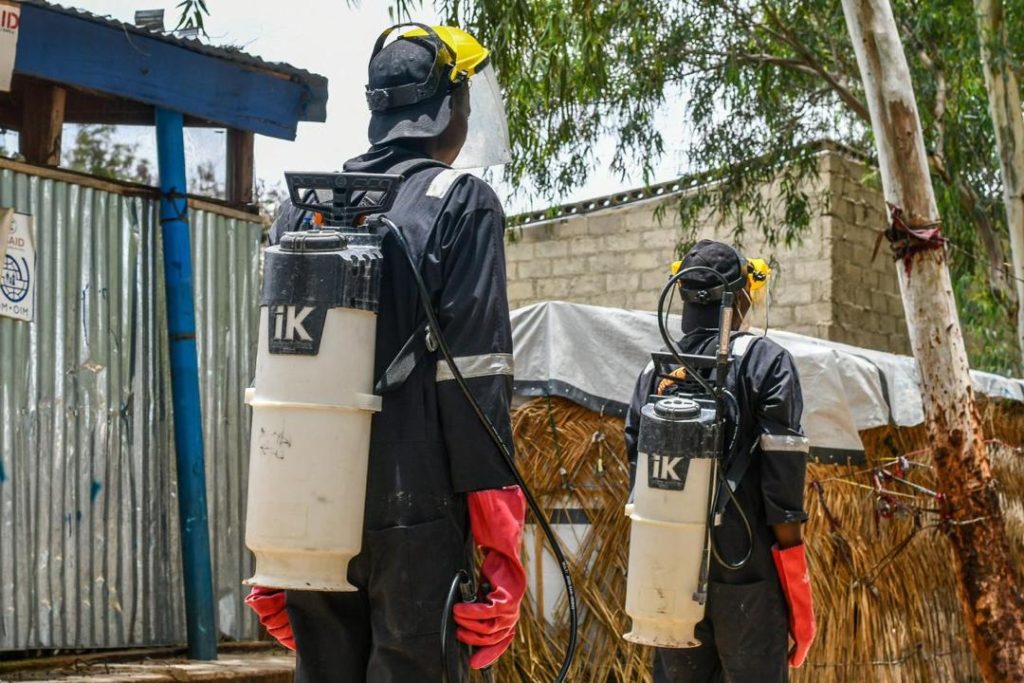
“After the flood disaster there were a lot of insects, especially the mosquitoes which really increased. Since MENTOR sprayed insecticide inside our houses there are no mosquitoes nor other insects.” – Aisha Muhammad, Bollori 2 ward, Maiduguri. In February, an indoor residual spraying campaign in flood-affected northern Nigeria was carried out to protect over 44,000 […]
New invasive mosquito detected in Angola
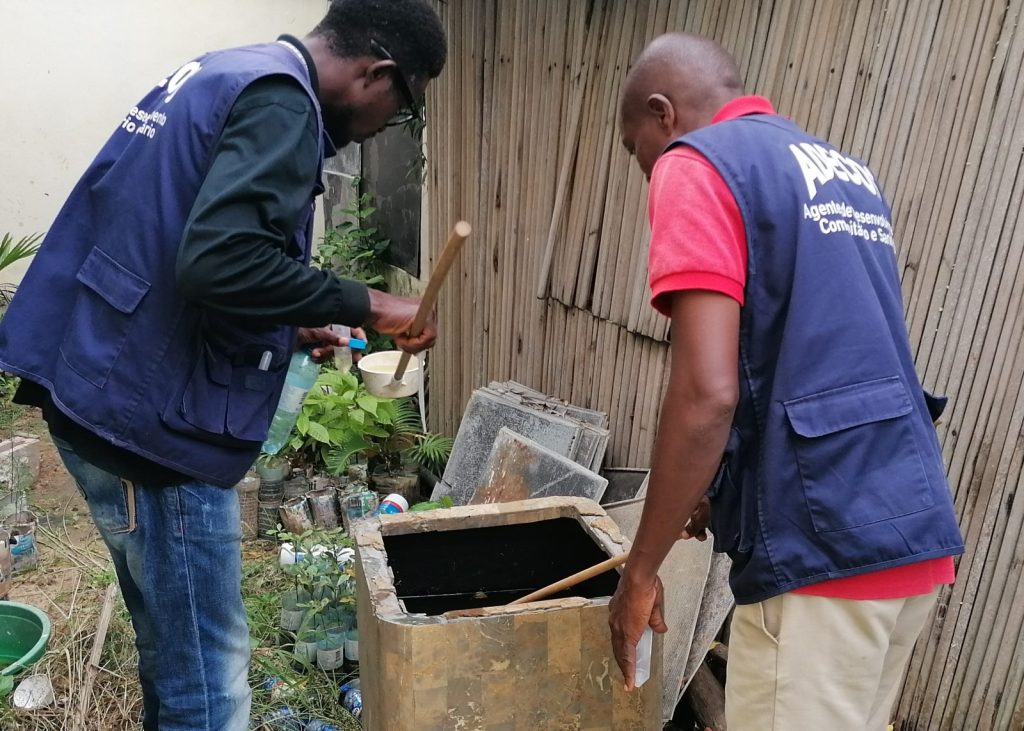
New research published in the Parasites & Vectors Journal, co-authored by MENTOR entomologists Gonçalo Martins Alves and Arlete Troco, reports the first detection of the Asian tiger mosquito (Aedes albopictus) in Angola. This important discovery was made during surveillance efforts supported by MENTOR targeting Anopheles stephensi – another invasive species – at key points of entry […]
